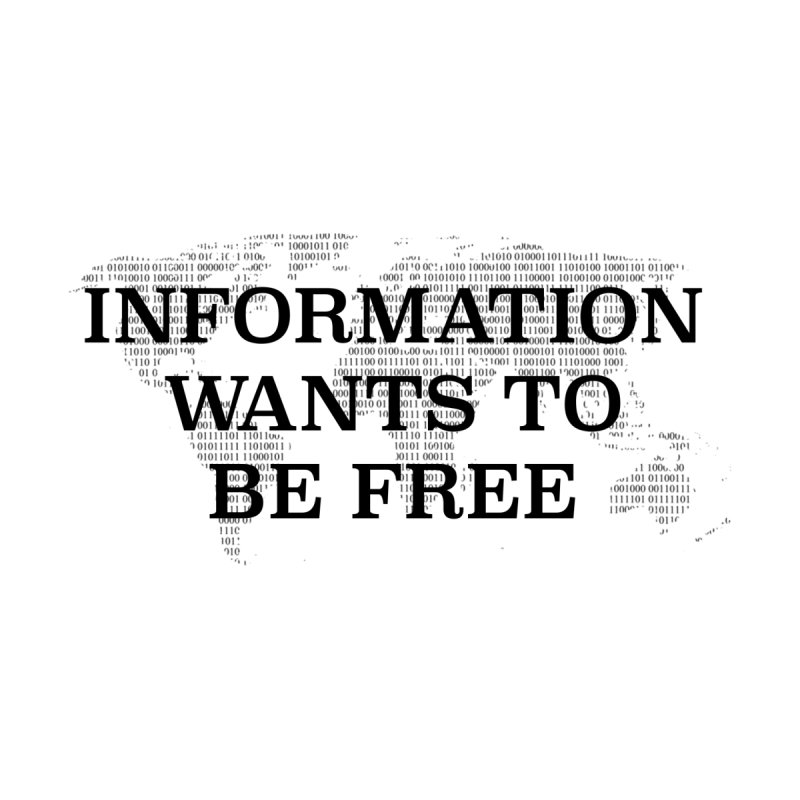
25 February 2014 – “Information wants to be free” is a slogan of technology activists invoked against limiting access to information. The iconic phrase is attributed to Stewart Brand who, in the late 1960s, founded the Whole Earth Catalog and argued that technology could be liberating rather than oppressing.
The earliest recorded occurrence of the expression was at the first Hackers Conference in 1984. Brand told Steve Wozniak:
On the one hand information wants to be expensive, because it’s so valuable. The right information in the right place just changes your life. On the other hand, information wants to be free, because the cost of getting it out is getting lower and lower all the time. So you have these two fighting against each other. The tension will not go away.
And then came Wozniak’s reply to Brand, almost always overlooked: “Information should be free but your time should not.”
Brand’s conference remarks were transcribed in the Whole Earth Review (May 1985, p. 49) and a later form appears in Brand’s book The Media Lab: Inventing the Future at MIT.
The slogan expresses a view that had already been articulated in the mid-20th century by Norbert Wiener, Michael Polanyi and Arnold Plant, who advocated for the free communication of scientific knowledge, and specifically criticized the patent system.
What is especially interesting about this 1984 hackers conference was that even then, the word “hacker” was under attack. The conference attendees were totally appalled that the media was starting to define the word as “evil little grub who breaks into computers.” In fact, hackers of later generations were not shy about profiting from their creations. Many analysts wrote about the impact of that shift on the pure joy of hacking.
But Brand’s incisive comment would not be forgotten. Still, no one in that room understood that Brand had uttered a phrase that would remain steadily viral for thirty years. Most commonly, people quote the first part: “Information wants to be free.” Sometimes they do so in admiration, other times to dismiss what the speaker sees as an impractical and maybe even a criminal impulse. (Kind of the digital equivalent of a tree-hugger.)
But fairly often people do remember the “Information wants to be expensive” part of Brand’s expression. Brand himself later elaborated on the comments in The Media Lab and in some talks thereafter. But generally, he wrote, “since then…the meme has been living high, wide and handsome on its own.”
The phrase has been describe as “a battle cry for the relentless march of the Internet”; “The single dominant ethic in this [digital] community”; and “the defining slogan of the information age.”
There is a wonderful book by historian Adrian Johns (he is a Professor of History at the University of Chicago, his expertise being the conceptual and historical study of science) and he notes:
“If we think ‘information wants to be free,’ then we voice a sentiment championed by Wiener, Polanyi and Plant. Chris Anderson, the former editor of Wired, devoted a chapter of his bestselling book (Free) to the phrase. Bradley (later Chelsea) Manning once used the phrase in an online chat to explain his prodigious leaking. Agent and publisher John Brockman once wrote that the phrase “became a mantra, it became an ideology, for some it’s a religion, for others it’s a cashbox for stock or speaker fees.” And just a few weeks ago Cory Doctorow released a book entitled, Information Doesn’t Want to Be Free. It’s time for it to die.”
Fat chance.
For me, Brand’s remark has had lasting impact because it reflected something we see every day: the drama that comes when commerce thwarts people’s impulse to share their creations, and limits those who build upon the work of others.
3 Replies to ““Information wants to be free”, a misquoted slogan. You’re missing the context.”